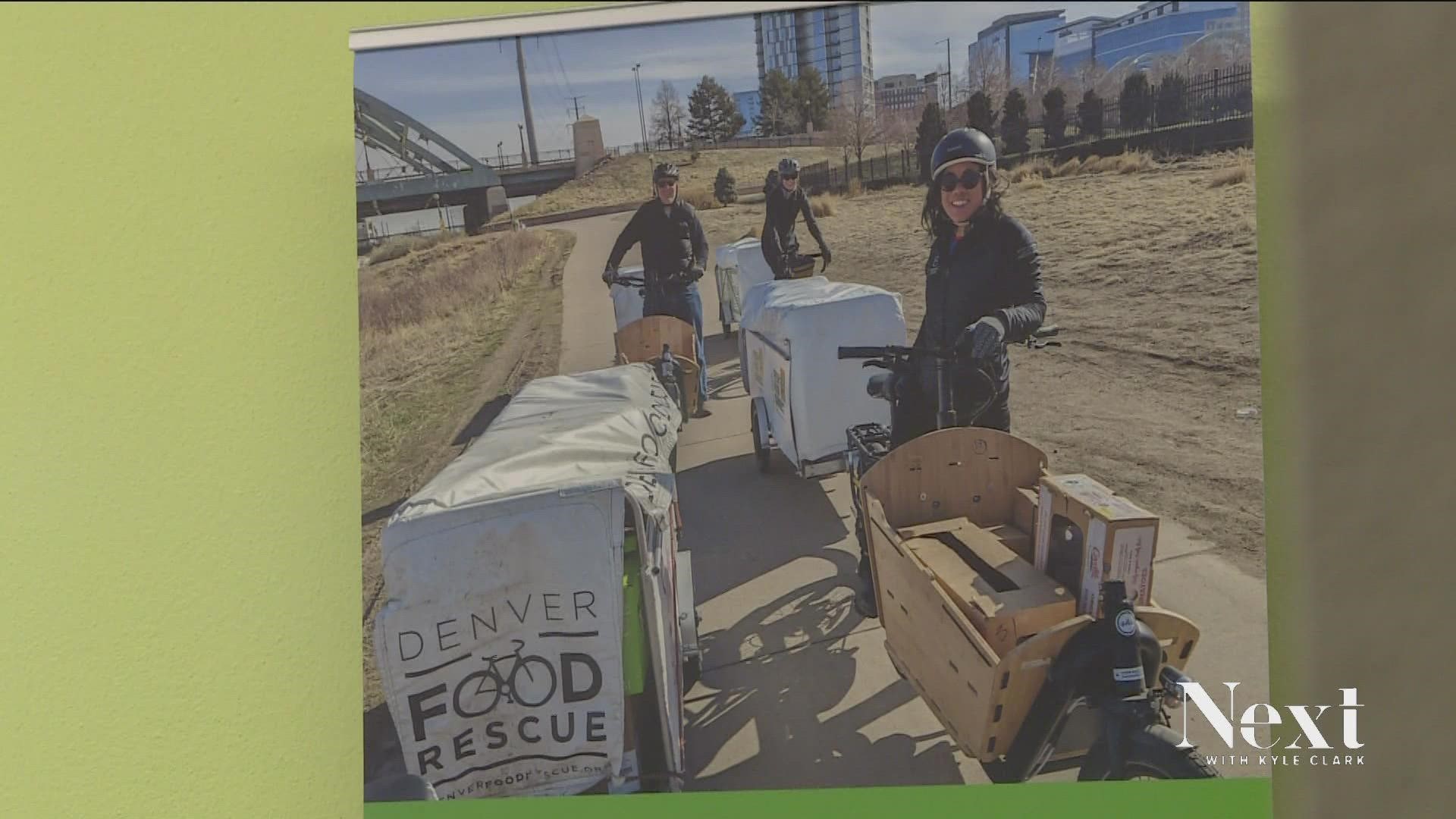DENVER — Colorful pieces of tape line along a map in Letisha Steele's office.
"So, you see that it really does take over really the outlying areas of Denver," she explained.
The executive director of Denver Food Rescue is talking about the areas where they work with 21 partners to provide better access to food, specifically in Denver's food deserts.
"What our programs that we work with, and no cost grocery programs are telling us, is that they have a huge need for fresh produce, fresh affordable produce, and they have a huge need for things like dairy, for alternative milks, for eggs," she explained.
Amidst the growing demand for the organization, Steele is also keeping a watchful eye on the progress of the proposed merger between grocery store giants Kroger and Albertsons.
King Soopers falls under Kroger, while Safeway is under Albertsons.
"I'm hopeful that the attention that is being placed on this merger is also going to continue shining that light on the need for equitable food access," she said.
While a deal is not expected to close until 2024 (if approved by regulators), Steele is concerned about whether or not the situation for food deserts will worsen with such a merger.

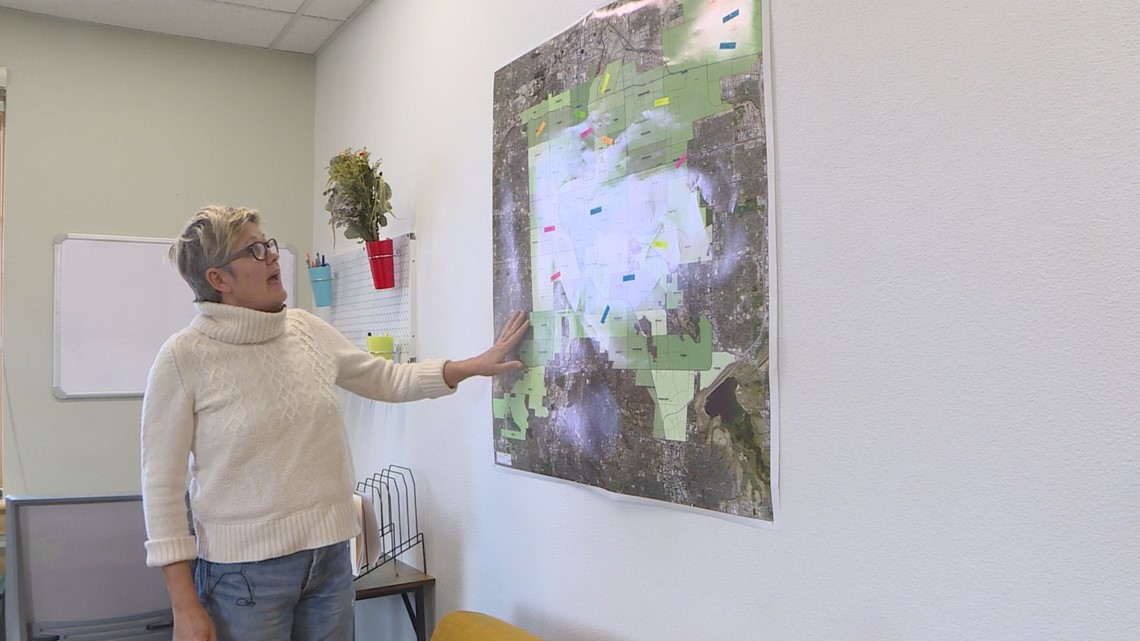
Weighing the factors
A map on the makeup of food deserts in Denver, published by the Denver Human Services Index, displays which areas see the densest amount of people that live far from a grocery store.
For example, according to the map, which cites data from DDPHE, 89% of those that live in Elyria-Swansea do not live within a 10-minute walk to a full-service grocery store.
That number is 93% in Globeville.
In Clayton, where Denver Food Rescue's main office is, the number is 100%.
"If this merger goes through, you will see physical store eliminations … just as a matter of how these these deals work," said Jack Buffington, the Program DIrector for Supply Chain Management at the University of Denver.
On a grocery store front, he doesn’t believe Albertsons or Kroger are the largest players in the market, rather competition like Walmart.
However, he believes that also has to do with companies like Walmart, Target and Amazon investing more in online services.
"The impetus of this merger has everything to do with the e-commerce market, which is becoming a larger part of the whole marketplace relative to grocery stores," he explained. "So if they [Kroger and Albertsons] have two stores and they make certain profit margin on two stores and they can make a higher profit margin on one store, then that makes a lot more sense where they can deploy their capital for e-commerce."
He also believes the dynamic of labor economics comes into play.
"If there's an Albertsons and King Soopers right across the street, then, you know, you got twice the number of people that you don't have to pay as much money," he said.
In addition, he also says grocery stores are facing a margin issue.
"And now with inflation and supply chain issues, they're also trying to address that. So another way that you can address this margin issue is you consolidate your source," he said.

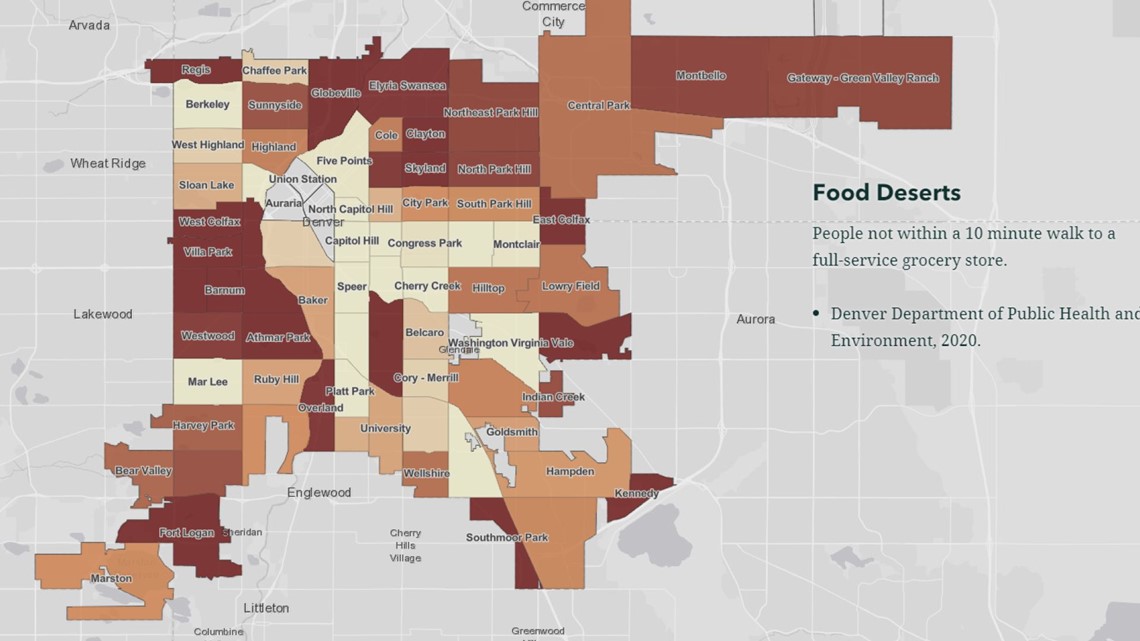
Meanwhile, Sanjai Bhagat, a professor of finance at CU Boulder, says the impacts vary, depending on who you ask.
"For Kroger managers, they indicate that this is going to be good for Colorado customers of Kroger [and] Albertsons stores because the merger will improve their supply chain logistics and allow for more targeted promotion of various grocery items to their regular customers," he said.
Meanwhile, he explained that financial economists doubt whether the benefits of the proposed merger would accrue to Colorado customers of Kroger and Albertson stores, since he says improvements to supply chain logistics are difficult to execute.
At the same time, he believes antitrust economists also hold some concern.
"They will be concerned that some Colorado customers of Kroger [and] Albertsons stores would be paying higher prices for their groceries if they are living in neighborhoods that do not have other - meaning Walmart grocery stores because the Kroger [and] Albertsons stores will have increased market power," he said.
Lastly, he believes smaller grocery suppliers will be adversely impacted by this merger, now that they're selling to one less grocery chain.

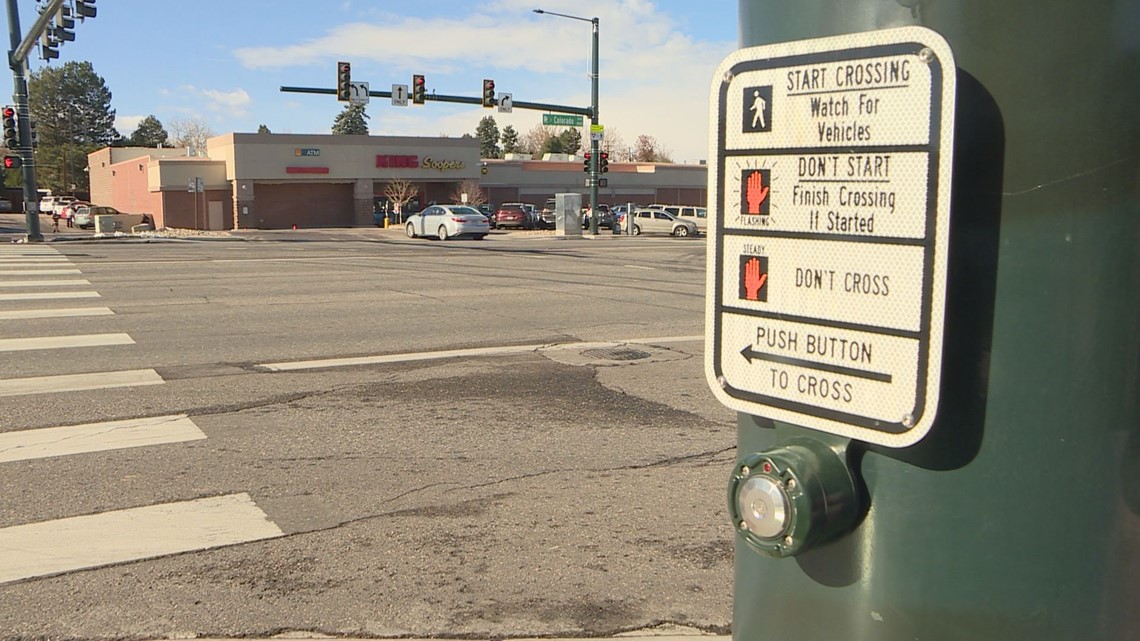
A watchful eye
Kroger and Albertson's both argue that the merger could help customers with things like a broader selection and improved customer experience.
In a press release, it's explained that the merger would lead to an expanded network of stores and distribution centers, as well as a broader supplier base.
It is still unclear if any stores are planned to close or consolidate if the merger goes through.
"Utilizing Kroger's End-to-End Fresh initiative across a broader network will enable the combined company to optimize its supply chain to deliver the freshest products from field to table to more customers more quickly," the release reads.
Recently re-elected Colorado Attorney General Phil Weiser has repeatedly said his office would be analyzing the merger "closely."
"...and a exacting scrutiny, whether or not not just prices would rise, but whether stores would close that could leave people without access to food nearby," Weiser told 9NEWS Tuesday.
There are two types of responses to a merger that his office sees as harmful to consumers, he explained. One is to stop the merger, and the other is to put conditions on the merger that protects competition.
Weiser adds that they're currently setting up a team in their office to take information from the public, economic analysis of the merger, and to look at what the legal requirements are.
"...and to come to a judgment about whether this merger violates our antitrust laws. And if we conclude it does, we have to be prepared to either litigate this case or negotiate a settlement if we can see one that actually protects consumers and addresses the harms of the merger," Weiser said.

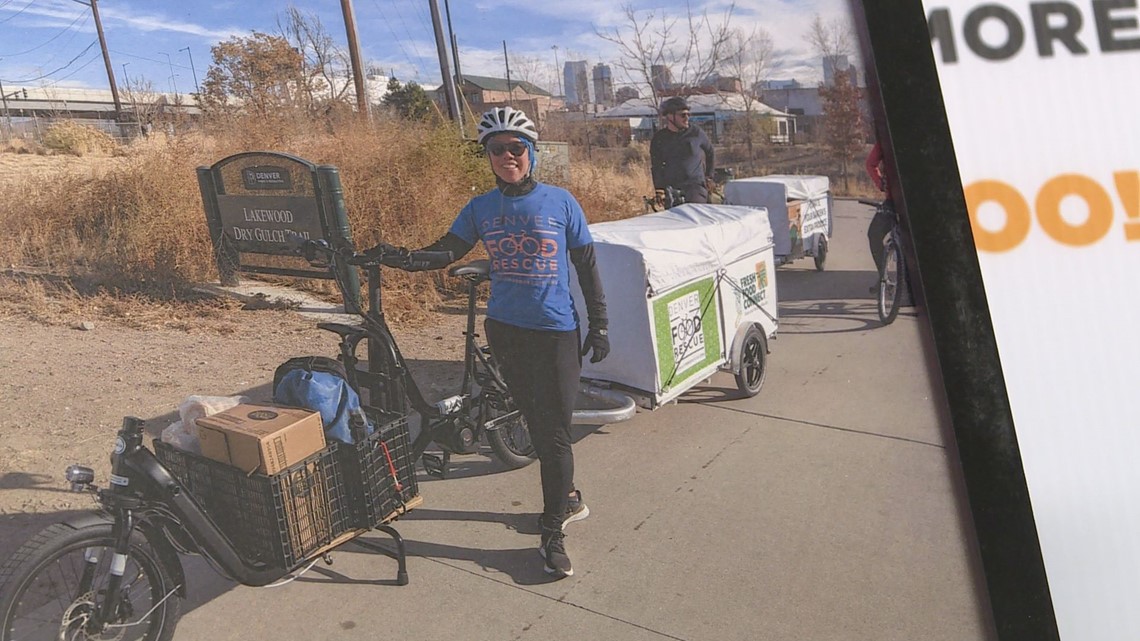
As for Steele, she believes the pandemic shined a light on how delicate the landscape of food systems in the area can be.
"Hopefully this merger will shine a light on when just a few companies own the majority of grocery stores, grocery store chains, that that's going to continue to decrease everyone's ability to access food," she said.
SUGGESTED VIDEOS: Next with Kyle Clark

